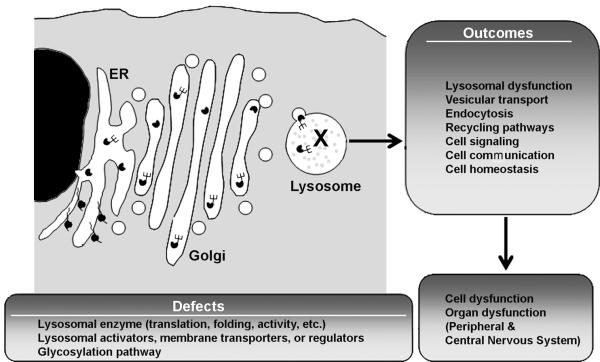Figure 1. Lysosomal storage disorder pathology.
LSDs are caused by genetic defects affecting the lysosomal machinery, including lysosomal enzymes, elements of the pathway regulating their glycosylation, lysosomal activators or cofactors, or membrane transporters located in this compartment. As a consequence, aberrant lysosomal accumulation of metabolites occurs, influencing the function of this organelle, as well as other processes involving transit of membranous vesicles (e.g., endocytosis, recycling, secretion, autophagy), as well as cell signaling and communication. Cell homeostasis is ultimately affected, leading to dysfunction affecting most tissues in the body, including peripheral organs and the CNS.

